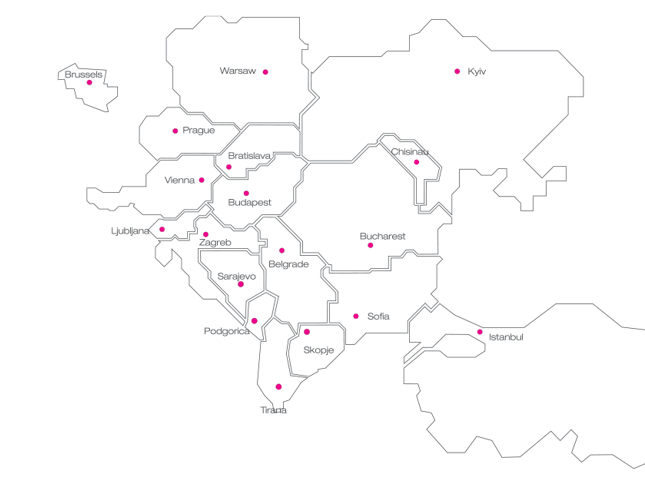Intro text - what is this info corner about, situation in CEE, 2-3 paragraphs. Intro text - what is this info corner about, situation in CEE, 2-3 paragraphs. Intro text - what is this info corner about, situation in CEE, 2-3 paragraphs. Intro text - what is this info corner about, situation in CEE, 2-3 paragraphs.
Intro text - what is this info corner about, situation in CEE, 2-3 paragraphs. Intro text - what is this info corner about, situation in CEE, 2-3 paragraphs. Intro text - what is this info corner about, situation in CEE, 2-3 paragraphs. Intro text - what is this info corner about, situation in CEE, 2-3 paragraphs. Intro text - what is this info corner about, situation in CEE, 2-3 paragraphs.
Intro text - what is this info corner about, situation in CEE, 2-3 paragraphs. Intro text - what is this info corner about, situation in CEE, 2-3 paragraphs. Intro text - what is this info corner about, situation in CEE, 2-3 paragraphs. Intro text - what is this info corner about, situation in CEE, 2-3 paragraphs. Intro text - what is this info corner about, situation in CEE, 2-3 paragraphs.

local environmental law
In the country sections of this info corner, we shed light on the respective regulations in your country:
legal updates across CEE
newsletter
The Bulgarian perspective on the Deposit Return System (DRS)
Following the requirements of Regulation 2025/40 of the European Parliament and of the Council of 19 December 2024 on packaging and packaging waste (the "Regulation"), a draft amendment to the Waste Management Act (WMA) concerning the creation of a deposit return system ("DRS") was submitted to the Bulgarian Parliament for consideration on 21 January 2026. The draft represents the first attempt to regulate public relations in the context of deposit systems. What is the proposal for the DRS implementation, and how have businesses reacted?
event
Green Compliance & EU-Omnibus
25. Februar 2026 | 9:00 - 10:30 Uhr | Schottenring 19, 1010 Wien
press release
Austria: Schoenherr successfully advises ImWind on Großhofen II wind farm
Schoenherr successfully advised IWP Großhofen GmbH & Co KG – a project company of ImWind – on the Environmental Impact Assessment (EIA) permit for its Großhofen II wind farm. With six new wind turbines and a total capacity of 42 MW in the Gänserndorf district, the project represents another milestone for the expansion of renewable energy in Austria.
newsletter
Carinthia's energy transition: acceleration for a few, standstill for the rest?
The Carinthian state government has released a far-reaching omnibus amendment[1] for consultation, ushering in a paradigm shift in the expansion of renewable energy. The focus is exclusively on technologies such as wind power and photovoltaics. Hydropower, traditionally dominant in Carinthia, is not covered by the acceleration measures.
newsletter
The polluter pays: Bulgaria's new waste collection fee regime
Bulgaria's waste collection fee system is undergoing a fundamental change from 1 January 2026, shifting from property-based charges to a "polluter pays" model. However, significant uncertainty remains about the practical implementation of the new regime. Businesses should therefore prepare flexible budgets and monitor municipal announcements closely.
newsletter
Greenwashing: European Commission FAQs published
As the EU has been working for years to combat greenwashing at the legislative level, the deadline for national transposition (27 March 2026) and subsequent application (27 September 2026) of the new Directive (EU) 2024/825 on the empowerment of consumers ("EmpCo Directive" or "ECGT Directive") is approaching fast. And while advertisers are well advised to design their environmental advertising with foresight, many uncertainties remain as to when and how advertising campaigns and the use of logos will be affected.
Short info on our CEE environmental law team. We can advise on anything, our team is experienced and strong - contact us
Christoph
Cudlik
Partner
austria vienna
